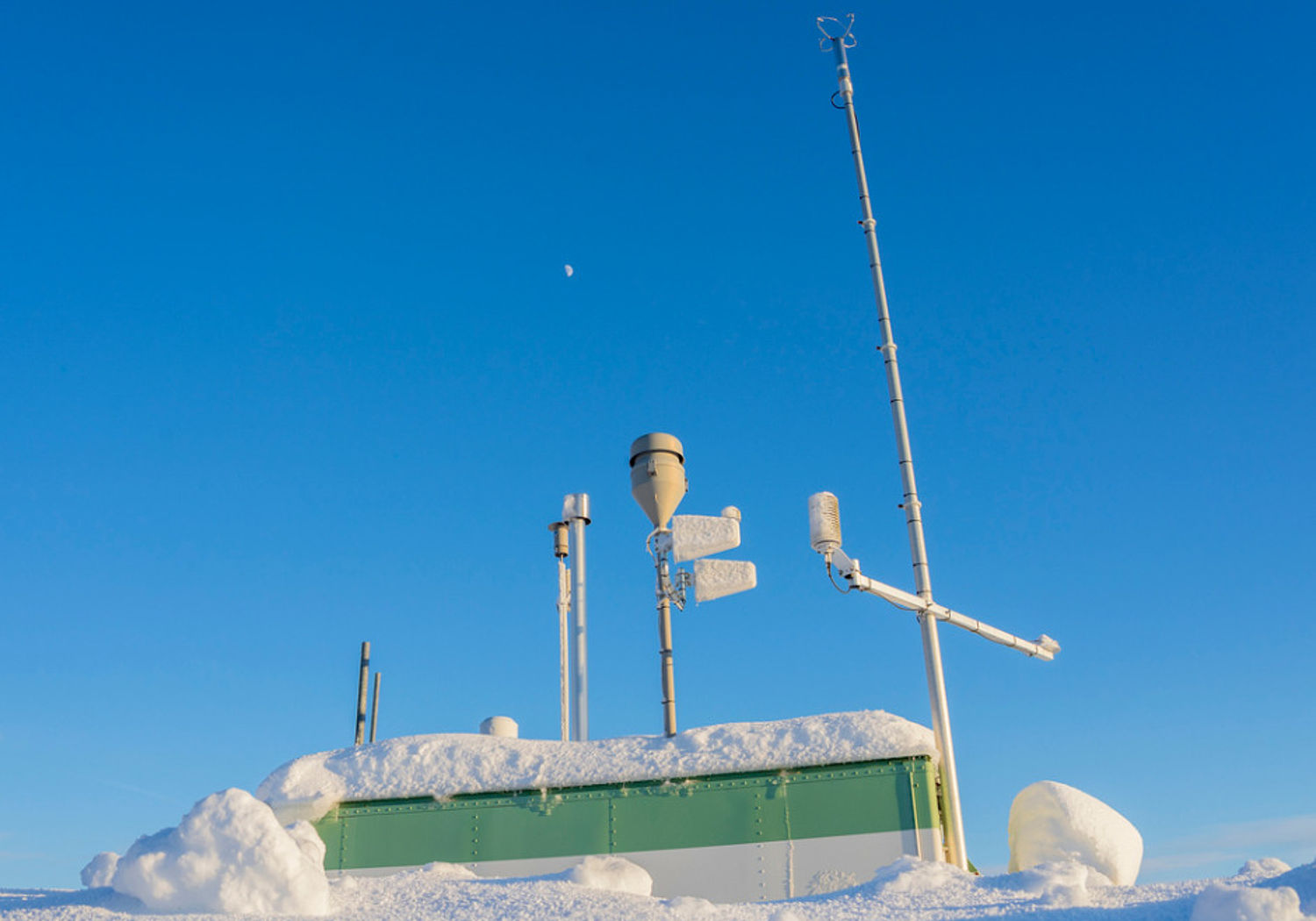Climate Reference Station
Developing ‘reference stations’ to determine the extent of environmental bias in climate monitoring data

Ground-based environmental monitoring stations are required to collect data accurately over large time frames to capture the small variations characteristic of climate change. Exposure of station instrumentation to environmental factors can generate measurement errors, hard to distinguish from real changes, which are a major contributor to measurement uncertainty. Developing ‘reference climatological stations’ with metrologically validated instruments would increase the accuracy of measurements and strengthen the confidence in data collected.
Based upon the work of the EMRP project MeteoMet2, the EMPIR project CRS has built a reference station setup with instruments and equipment from a variety of manufacturers and operate it in the field for at least one year. This has allowed the effects of environmental parameters such as rain, heat and constant use on instrumentation to be determined. These results will be supplied to the World Meteorological Organization and the Global Climate Observing System to aid in the development of future reference-grade ground-based stations. At the end of the project in 2023 the results will improve data comparability between monitoring stations, strengthen climate models and help locate potential problems within monitoring networks.
International Journal of Climatology